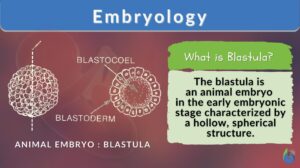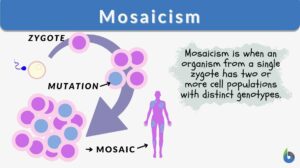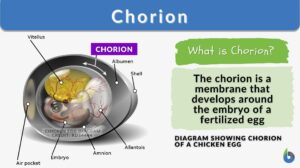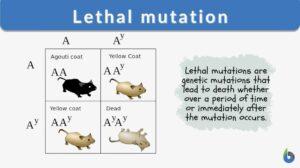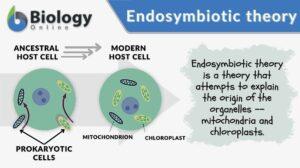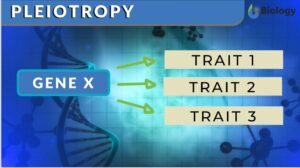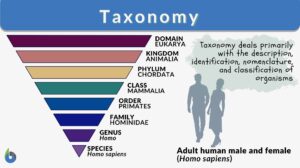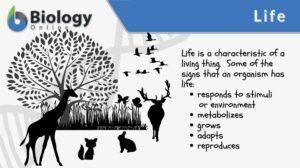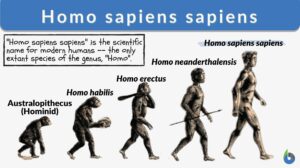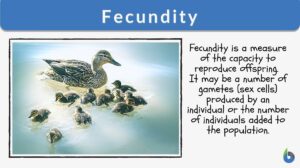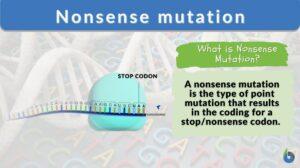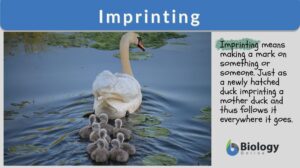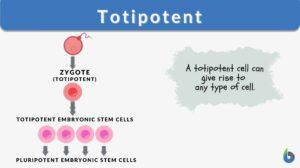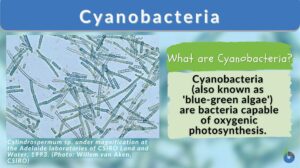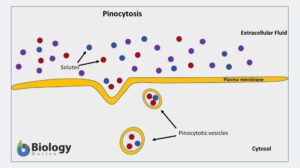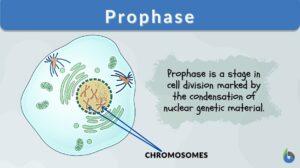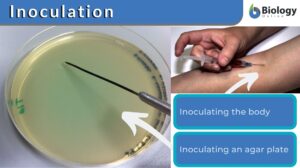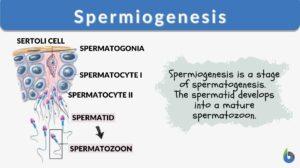Search Results for: early
Amphibians & Early Reptiles
Amphibia Definition (Science: zoology) Amphibia is one of the classes of vertebrates. The amphibia are distinguished by... Read More
Early development
Early development An early stage in the life cycle of a bacteriophage (a virus which infects bacteria) that occurs after... Read More
Great Oxygenation Event
Great Oxygenation Event Definition The Great Oxygenation Event is defined as the surge of dioxygen (O2) levels in the... Read More
Early seral species
Early seral species (Science: plant biology) shrubs, such as ceanothus, and hardwoods, usually in tree form, such as red... Read More
The Hominids
Although humans in today's world are the most advanced species on the planet, we previously shared the exact same genetic... Read More
Embryology
Embryology Definition Embryology is a branch of biology that deals with the topics concerning gamete formation... Read More
Angiosperm
Angiosperms Definition What is an angiosperm? An angiosperm is a plant that produces flowers. The angiosperms, also... Read More
Photosynthesis
Photosynthesis is a physio-chemical process carried out by photo-auto-lithotrophs by converting light energy into chemical... Read More
Demographic transition
The demographic transition model is a theoretical framework that explains the historical shift in population dynamics as a... Read More
Lethal mutation
Lethal Mutation Definition Genetic mutations come from changes in the DNA structure or sequencing in an organism. Often... Read More
Endosymbiotic theory
A eukaryotic cell is distinct from a prokaryotic cell by the presence of membrane-bound cellular structures called... Read More
Pleiotropy
Pleiotropy Definition When one single gene starts affecting multiple traits of living organisms, this phenomenon is known... Read More
Prodromal period
There are five stages (or phases) of a disease. (Hattis, 2020). These stages are (1) Incubation period, (2) Prodromal... Read More
Homo sapiens sapiens
Homo sapiens What are homo sapiens? Homo sapiens is the species of all the highly developed primates on earth, a category... Read More
Nonsense mutation
A nonsense mutation is the type of point mutation that renders the translation process useless by coding for a stop/nonsense... Read More
Imprinting
What does imprinting mean? Have you watched the TV cartoon show “Tom and Jerry” with an episode of a duck and its... Read More
Overview of Chirology
Psychodiagnostic Chirology (PDC) is a comprehensive diagnostic discipline applied by professional behavioral specialists in... Read More
Totipotent
Totipotent Definition What is totipotent? In general terms, totipotency is defined as the ability of a single cell to... Read More
Cyanobacteria
Cyanobacteria Definition Cyanobacteria is a group of photosynthetic bacteria widely distributed in various aquatic habitats... Read More
Pinocytosis
Pinocytosis Definition What is pinocytosis? Pinocytosis is the ingestion of extracellular fluids, i.e. the fluid... Read More
Fluctuation test
Fluctuation test (Science: investigation) test devised by Luria and Delbruck to determine whether genetic variation in a... Read More
Determinate cleavage
Definition noun A type of cleavage on the basis of the potentiality of blastomeres in which the blastomeres (resulting from... Read More
Inoculation
Inoculation Definition In Immunology, inoculation is defined as the process of introducing an antigenic substance or... Read More
Spermiogenesis
Spermiogenesis Definition Spermiogenesis is the stage of spermatogenesis wherein the spermatids differentiate into mature... Read More





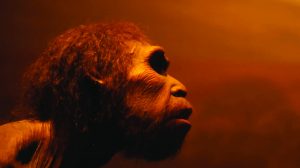
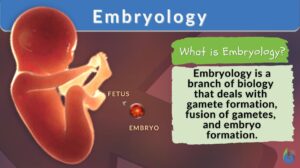
![Botany n., [ˈbɑt.ə.ni/] botany definition and example](https://www.biologyonline.com/wp-content/uploads/2019/10/botany-definition-and-example-300x168.jpg)

